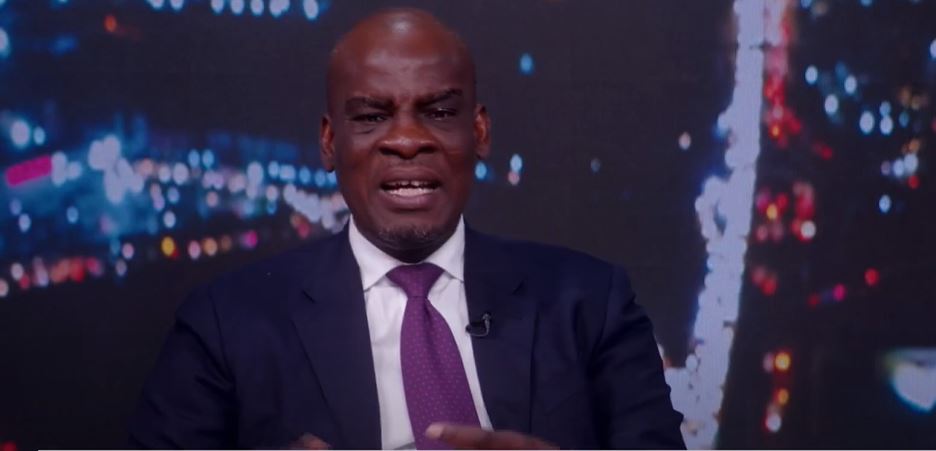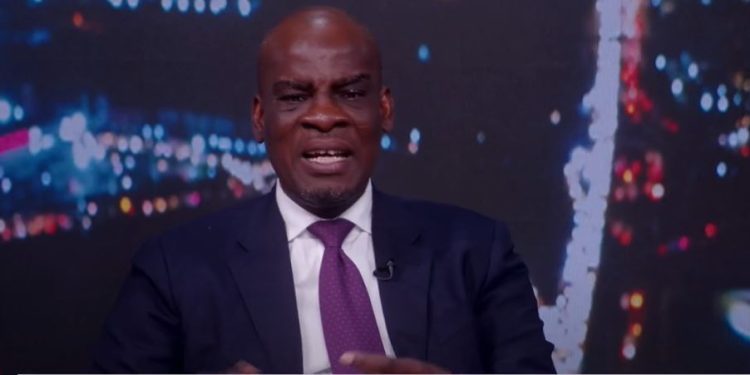
Ghana’s ambitious “24-Hour Economy” initiative, a cornerstone of President John Dramani Mahama’s economic vision, will necessitate a significant revision of the Ghana Investment Promotion Centre (GIPC) Act to incorporate strategic incentives for businesses operating around the clock.
This was revealed by Education Minister Haruna Iddrisu, who indicated the legislative overhaul aims to make such incentives “integral” to the policy’s successful implementation.
Speaking on JoyNews PM Express today, Wednesday, July 2, Minister Iddrisu provided insights into how the government plans to operationalise the 24-hour economy, which officially took effect on July 1.
[embedded content]He presented a practical example, suggesting the opening up of state-owned textile companies like Juapong Textiles or Akosombo Textiles to investors, both local and foreign, willing to run them on a 24-hour basis.
“President John Dramani Mahama and the NDC government will give you the needed incentives to do that,” Iddrisu stated, emphasising the government’s commitment to providing an “enabling environment” that ensures essential services like water and electricity are available.
He projected that continuous production in these sectors would significantly boost employment and reduce Ghana’s import bill, promoting “Made in Ghana” products.
The Minister explained that the operationalisation of the 24-hour economy would involve new legislation to establish it as a statutory authority and indicate its funding sources.
He referenced discussions around the Ghana Infrastructure Fund and a 2.5% import levy, which he presented as a measure to discourage over-reliance on imports.
“No country can develop relying on imports,” Iddrisu asserted, echoing President Mahama’s concern about Ghana’s long-standing reliance on exporting raw materials only to import expensive finished goods. “Why are we only experts in producing and exporting raw materials, and we are the same people who now import it costly and pay for it?” he paraphrased the President.
The “24-Hour Economy” policy aims to transform Ghana’s economic architecture by leveraging continuous productivity, job creation, and inclusive growth across strategic sectors.
As outlined by President Mahama at its recent launch, the initiative is structured around eight key pillars: Grow 24, Make 24, Build 24, Show 24, Connect 24, Fund 24, Aspire 24, and Go 24.
The proposed revisions to the GIPC Act are critical to this vision, as they are expected to streamline investor registrations, enhance digital service delivery, and align incentives with sectors crucial for round-the-clock operations, such as manufacturing, logistics, and technology.
The GIPC itself had earlier in February announced operational realignment to support the 24-hour economy policy and in April launched a 24-hour expedited premium service for investment registration.
Minister Iddrisu underscored that the policy is the culmination of “years of thinking, years of reflections,” and while it will not be achieved overnight, “this is the time for the country to embrace it.”
The government is reportedly offering a range of tax and regulatory incentives, including import duty exemptions on manufacturing equipment and raw materials, corporate income tax rebates for companies running multiple shifts, and discounted electricity tariffs for night operations, to encourage participation in this transformative economic agenda.
DISCLAIMER: The Views, Comments, Opinions, Contributions and Statements made by Readers and Contributors on this platform do not necessarily represent the views or policy of Multimedia Group Limited.
DISCLAIMER: The Views, Comments, Opinions, Contributions and Statements made by Readers and Contributors on this platform do not necessarily represent the views or policy of Multimedia Group Limited.
- President Commissions 36.5 Million Dollars Hospital In The Tain District
- You Will Not Go Free For Killing An Hard Working MP – Akufo-Addo To MP’s Killer
- I Will Lead You To Victory – Ato Forson Assures NDC Supporters
Visit Our Social Media for More




